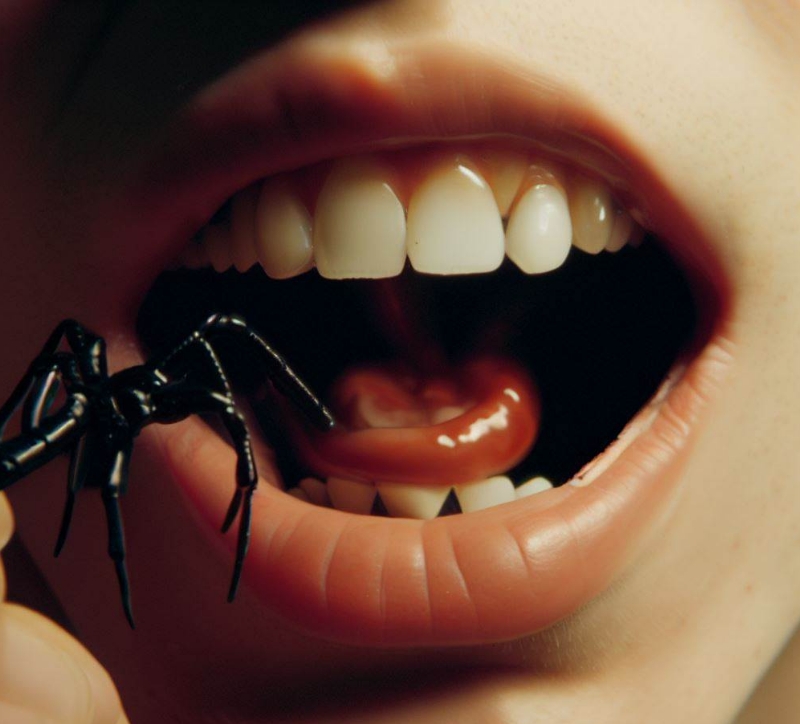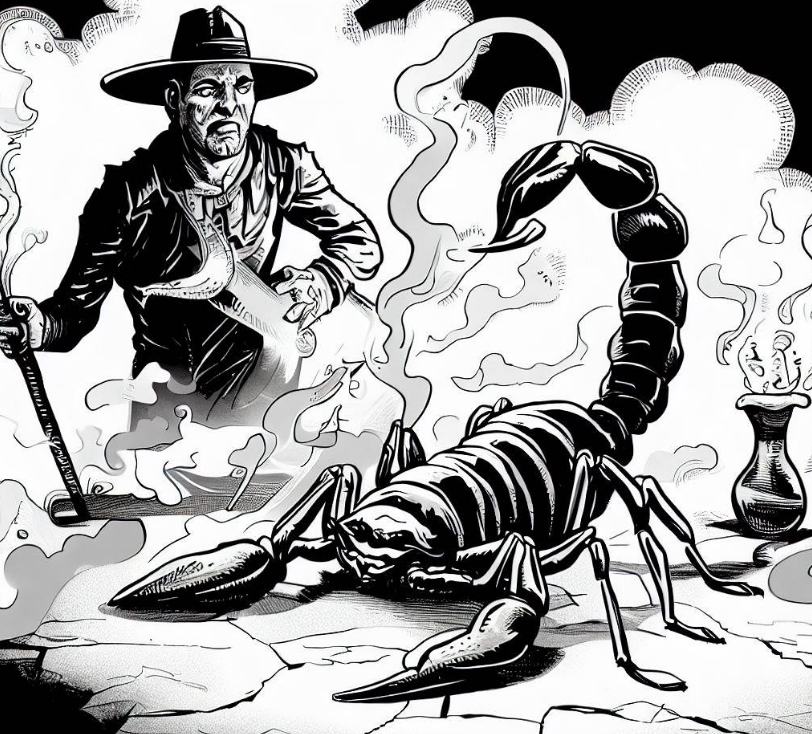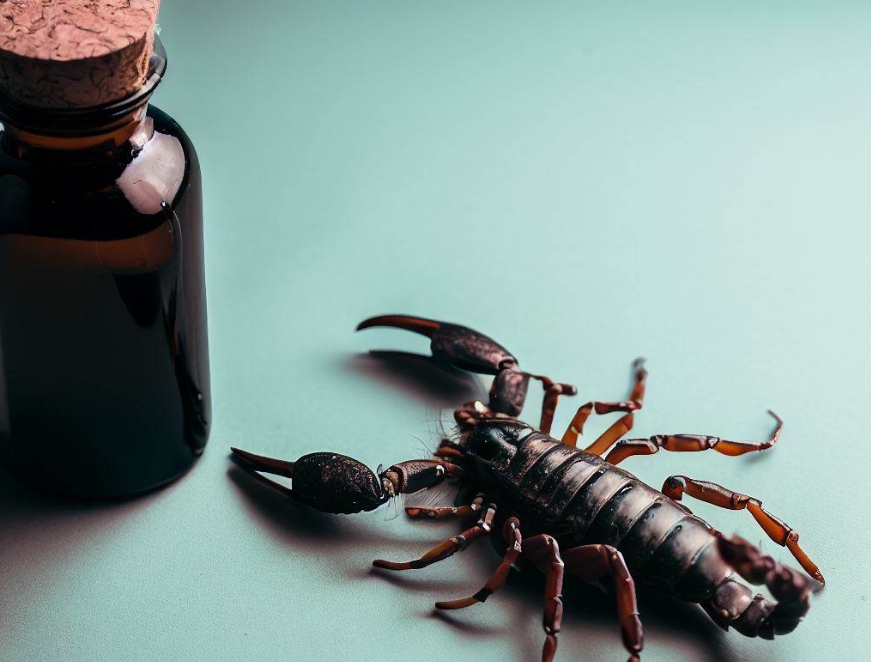Scorpion bites can be quite a frightening experience, especially if you’re not familiar with how to handle them. Fear not, because we’ve got you covered with this comprehensive, easy-to-understand guide on scorpion bite treatment. By the end of this article, you’ll be well-equipped with the knowledge and resources to manage a scorpion sting like a pro!
Understanding Scorpions: Your Tiny Arachnid Foes
Contents
Before we dive into the treatment process, it’s important to understand scorpions and their habits. Scorpions are closely related to spiders, mites, and ticks and, interestingly enough, they share some ancestry with lobsters. These arachnids can be found in various environments, from the deserts to forests, with some even inhabiting urban settings.
Scorpions have adapted to their environments in unique ways, with some species even exhibiting transparent or white exoskeletons for camouflage. The venom of a scorpion can vary in potency, with some being relatively harmless to humans, while others can be life-threatening. In general, scorpion venom is used for subduing prey and self-defense.
Scorpion Bite Treatment: A Step-by-Step Guide
Step 1: Assess the Situation
Upon being stung by a scorpion, it’s crucial to assess the severity of the bite. The majority of scorpion stings are relatively harmless, causing mild pain, swelling, and redness. However, bites from more dangerous species, such as the Arizona bark scorpion, can lead to severe symptoms like difficulty breathing, muscle twitching, and blurred vision. If the person stung exhibits any of these severe symptoms, seek immediate medical attention.
Step 2: Keep Calm and Immobilize the Affected Area
Once you’ve determined the severity of the sting, it’s important to stay calm. Panicking can increase your heart rate and potentially worsen the symptoms. Keep the affected area (usually a hand or foot) still and elevated to help reduce swelling and delay venom absorption.
Step 3: Apply a Cold Compress
Place a cold compress or ice pack wrapped in a thin cloth on the sting site for 10-15 minutes to help alleviate pain and reduce inflammation. Repeat this process every hour for the first few hours after the sting.
Step 4: Over-the-Counter Medications
To further manage pain and inflammation, over-the-counter pain relievers like ibuprofen or acetaminophen can be taken according to the manufacturer’s instructions. You may also consider applying a topical hydrocortisone cream to reduce itching and inflammation at the sting site.
Step 5: Keep the Area Clean
Gently clean the affected area with soap and water to prevent infection. Make sure to cover the sting site with a clean, dry dressing and change it regularly to keep it clean and protected. Avoid scratching or picking at the wound, as this can introduce bacteria and increase the risk of infection.
Step 6: Monitor Symptoms and Seek Medical Attention if Needed
It’s essential to keep a close eye on the symptoms after a scorpion sting. While most stings result in mild symptoms that can be managed at home, complications can arise. If the person stung experiences severe symptoms, such as difficulty breathing, muscle twitching, or blurred vision, seek immediate medical attention. Additionally, if the pain, redness, or swelling worsens or shows no signs of improvement after a few days, consult a healthcare professional.
Prevention Tips: Staying Safe Around Scorpions
Now that you’re well-equipped with the knowledge of scorpion bite treatment, it’s important to learn some preventative measures to minimize the risk of encountering these arachnids. Here are some tips to help you stay safe in scorpion territory:
- Wear protective clothing: If you’re venturing into areas known for scorpions, it’s wise to wear long sleeves, pants, and closed-toe shoes. This can help protect your skin from potential stings.
- Be cautious at night: Scorpions are nocturnal creatures, so take extra precautions when outdoors during the night. Use a flashlight to illuminate your path and keep an eye out for these stealthy arachnids.
- Check your belongings: Scorpions have a knack for finding cozy hiding spots, such as shoes, bags, and clothing left outdoors. Always check your belongings before putting them on or picking them up to avoid any unwanted surprises.
- Seal your home: Keep scorpions out of your living space by sealing any gaps, cracks, or openings in your home. This includes repairing damaged window screens, weatherstripping doors, and sealing openings around pipes and wiring.
- Maintain a clean environment: A tidy and clutter-free living space can help deter scorpions from taking up residence. Regularly vacuum, sweep, and clean your home to eliminate potential hiding spots.
- Seek professional help: If you have a scorpion infestation in your home, consider enlisting the help of a professional pest control company to safely and effectively address the problem.
In Conclusion
A scorpion sting can be an unnerving experience, but with the right knowledge and resources, you can manage the situation effectively. By following our step-by-step guide on scorpion bite treatment, you can confidently handle these incidents and help prevent complications. Additionally, our prevention tips can help keep you and your loved ones safe from these fascinating yet potentially dangerous creatures. Remember, in cases of severe symptoms or complications, seeking prompt medical attention is crucial for the best possible outcome.
FAQ on Scorpion Bite Treatment
To further help you understand scorpion bite treatment, we’ve compiled a list of frequently asked questions along with their answers.
Q1: How do I know if a scorpion sting is dangerous?
A: Most scorpion stings are relatively harmless, causing mild pain, swelling, and redness. However, if the person stung experiences severe symptoms like difficulty breathing, muscle twitching, or blurred vision, it could be a sign of a dangerous sting, and immediate medical attention is necessary.
Q2: How long does pain from a scorpion sting last?
A: The duration of pain from a scorpion sting can vary depending on the species and the individual’s sensitivity to the venom. In most cases, pain and other symptoms begin to subside within a few hours, but they may last for a few days in some instances.
Q3: Can I develop an allergic reaction to a scorpion sting?
A: Yes, some people may have an allergic reaction to a scorpion sting, which can cause symptoms like hives, difficulty breathing, or swelling of the face, lips, or tongue. If you experience any of these symptoms, seek immediate medical attention, as an allergic reaction can be life-threatening if not treated promptly.
Q4: Is it necessary to seek medical attention for every scorpion sting?
A: Not every scorpion sting requires medical attention. In most cases, mild symptoms can be managed at home with self-care measures like cold compresses, pain relievers, and keeping the area clean. However, if the person stung experiences severe symptoms or if the pain, redness, or swelling worsens or does not improve after a few days, consult a healthcare professional.
Q5: Are there any home remedies for scorpion stings?
A: While there is no specific home remedy for scorpion stings, you can manage the pain and inflammation with cold compresses, over-the-counter pain relievers, and topical hydrocortisone cream. It’s crucial to keep the area clean and protected to prevent infection. Remember, if the symptoms worsen or do not improve after a few days, consult a healthcare professional.
Q6: Can I use a tourniquet for a scorpion sting?
A: No, using a tourniquet is not recommended for scorpion stings. Tourniquets can cause more harm than good by cutting off blood flow and potentially worsening the situation. Instead, keep the affected area still and elevated to help reduce swelling and delay venom absorption.




